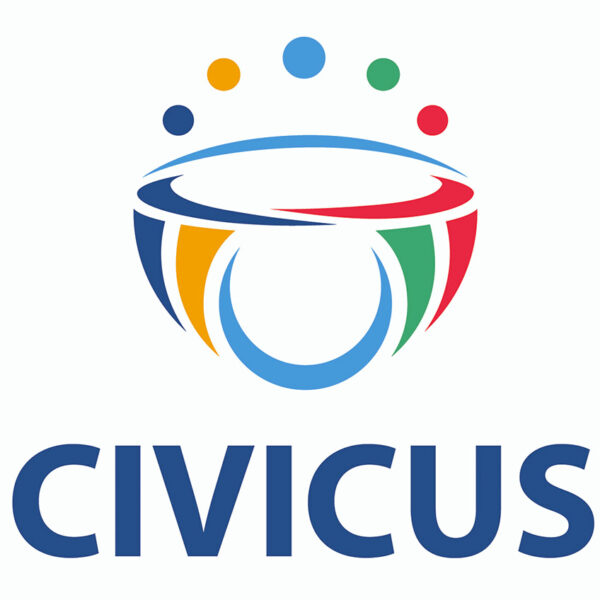Growing up in the 1980s in Tunisia, hailed as a modern society, International Women’s Day was a long day of celebrations staged by President Ben Ali’s regime while his police tortured and harassed women in prisons.
Many states are known for their strategy to exploit women’s rights for political purposes. But, the international community practices are not that different either–not to the same end for sure. If international NGOs (INGOs) keep using the strategies and approaches they are using now to fight against gender inequality, progress on gender parity will surely grind to a halt and we will need another 200 years to close the gap.
At the centre of the problem is the fact that INGOs still consider women’s rights a secondary issue, a ‘soft’ battle, rather than a core one. We see evidence of this on two levels: that way that sexual harassment and abuse within the development sector is addressed (or not addressed) and states’ responses to gender inequality abuses. The recent scandals involving sexual exploitation by aid workers, which are engulfing the civil society sector, expose the internal, loose practices that fail to address gender and power imbalances. The State of Civil Society 2018, an annual report by global civil society alliance CIVICUS that assesses conditions impacting civic space globally, outlines 10 trends affecting civil society. One of those trends is growing efforts to put patriarchy under the spotlight, as embodied in the #MeToo and Times Up actions, and to challenge and address behaviours and attitudes that enable sexism and gender discrimination. INGOs should be taking the lead against sexual harassment and wider gender inequalities through practising what they preach.
It is also important to celebrate achievements and progress made but turning a blind eye to women in more disadvantaged positions shows the selectivity of women’s struggles. When Saudi Arabia finally gave women the right to drive in September 2017, many celebrated a decision that overturns a cornerstone of Saudi conservatism. However, women’s struggles in the kingdom go beyond driving, to include sexual abuses of domestic workers and the lack of opportunities for working-class women. States such as Saudi Arabia keep intentionally failing to meet gender parity commitments but INGOs and the international community do little to respond to this beyond statements, media releases and side events at UN conferences. States are not being held to account.
Furthermore, the struggle to effectively mainstream gender equality is the result of a conventional understanding of the role of women and their contexts. In fact, decades of a “one size fits all” approach has hindered the achievement of women’s rights in local communities. Local women do not lack capacity and their nuanced understanding of local issues goes beyond how they articulate their struggle without jargon.
For instance, before the rising of Muslim feminism, the Muslim world resisted and rejected the western interpretations of gender inequality. Women’s movements in the Middle East/North Africa region were the only, effective actors pushing the women’s agenda. In 2017, Tunisia passed its first national law to combat violence against women, an effort led by local women human rights defenders.
This means that the push for progress in gender parity should not be only around motivation and action, but also around reflecting, healing and change from within. It is time to support local women’s unique leadership by giving them the space to act and by fighting alongside them and not through them. Equip them to be more efficient, give them access to the international community and resources, push for more inclusion, not only by ensuring a quota of representation but through striving for a more gender- and socially-inclusive strategies and operations. But most importantly, INGOs have to adhere to the values that they espouse and walk the walk.










